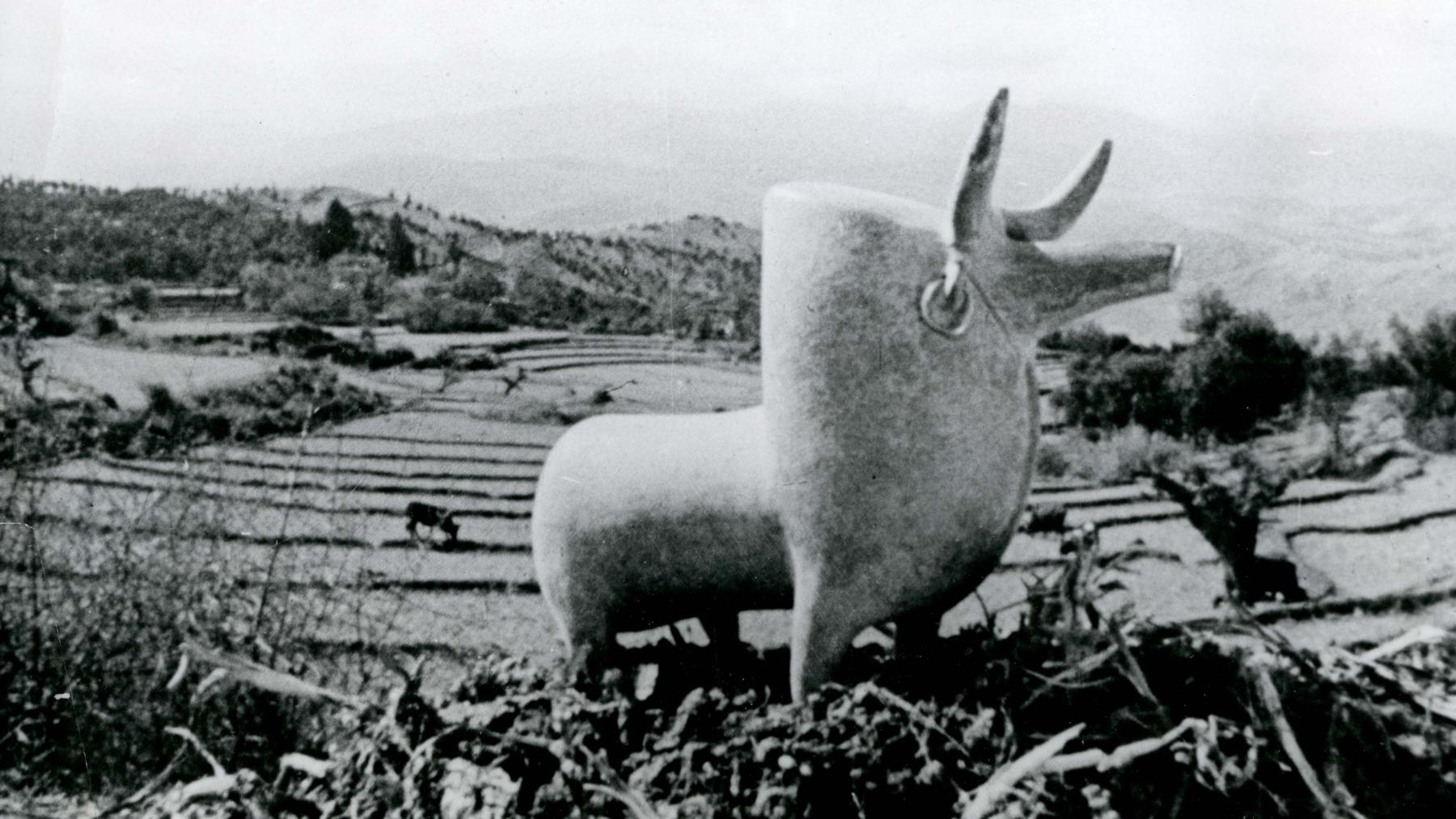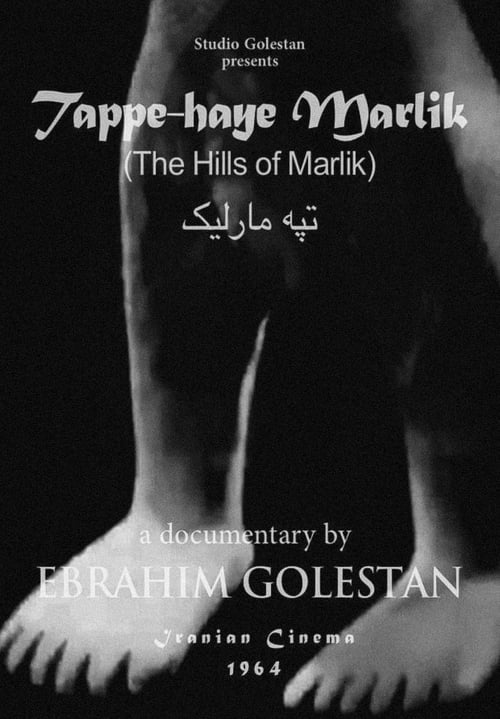|
|
The Hills of Marlik | Tappe-haye Marlik (1963)
Synopsis
Never before shown outside Iran, HARVEST AND SEED is a study of the conditions of a poverty-stricken Iranian village after the land reforms of the early 1960s.
Rather than leading to a distribution of wealth, financial and political power has merely changed hands from one corrupt element to another.
Copies of the film were immediately confiscated. A different view on the question of land use is offered by THE HILLS OF MARLIK, which focuses on a 3,000-year-old site in the north of Iran, simultaneously excavated by archaeologists and fertilized by farmers.

Another example of Golestan’s interest in the classical elements, here the past touches the present and there is a clear continuity among the forms of human life detected by the camera, as it breathes new life into dead objects.
Golestan pays scrupulous attention to sound too; quite often the music – an excellent contribution by Morteza Hannaneh, one of the most innovative Iranian composers of his era – goes silent, in order to amplify the sound of brushes caressing a broken piece of pottery.
PERSIAN STORY, filmed during the last months prior to British evacuation from Abadan, shows the Persian oil operations: developing the resources of the oil field, the refinery at Abadan and the life of both Persian and British in the refinery city. (Viennale)
Cinematography: Soleiman Minasian
|

Read about this film
Title: The Hills of Marlik | Tappe-haye Marlik (1963)
Directed by: Ebrahim Golestan
Date of birth: 19 October 1922, Shiraz, Iran
Writing credits:
Ebrahim Golestan
Music by: Morteza Hannaneh
Country: Iran
Language: Farsi
Color: Color
Runtime: 15 min.
|
|
| Choose an item to go there!
|
|

